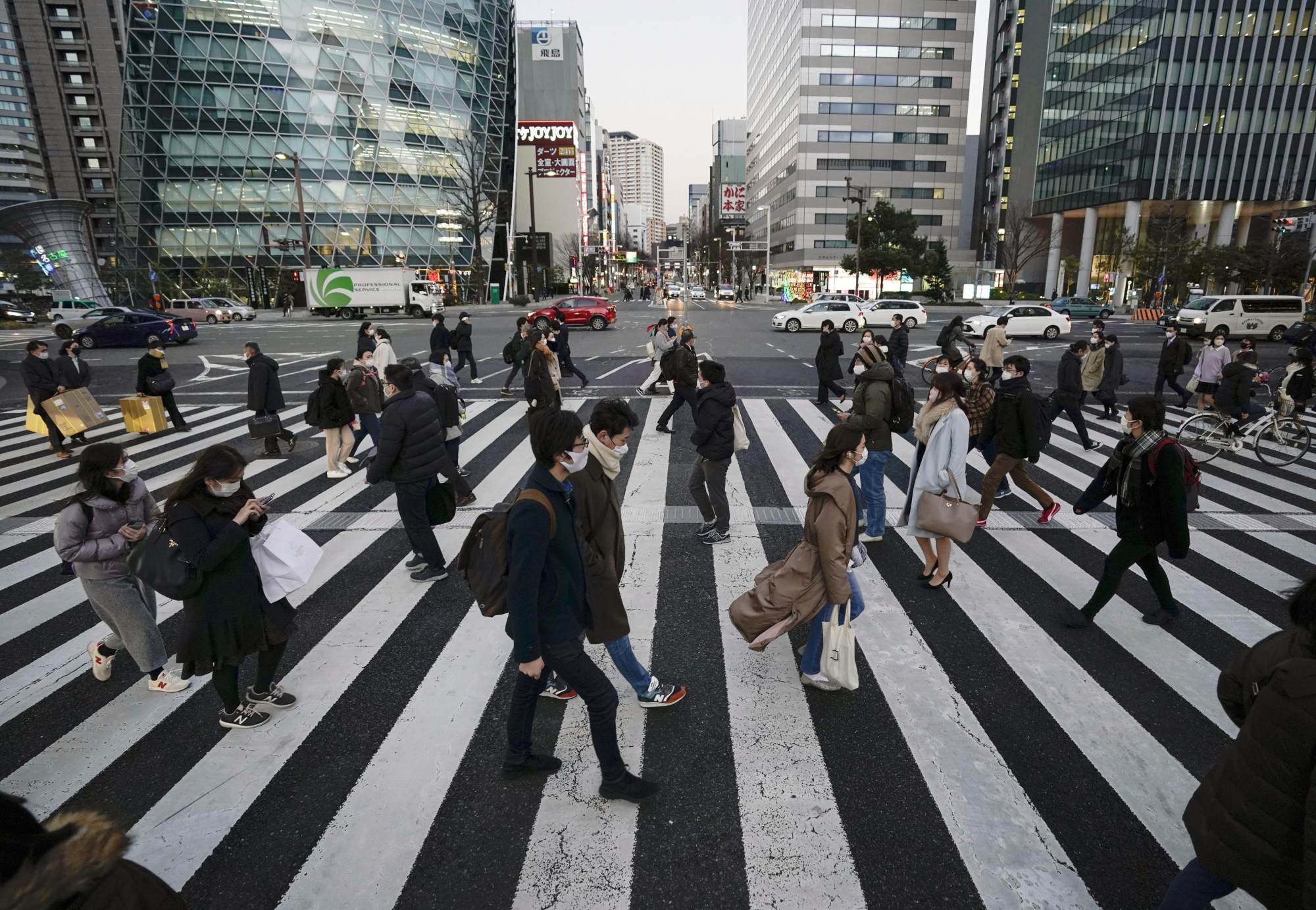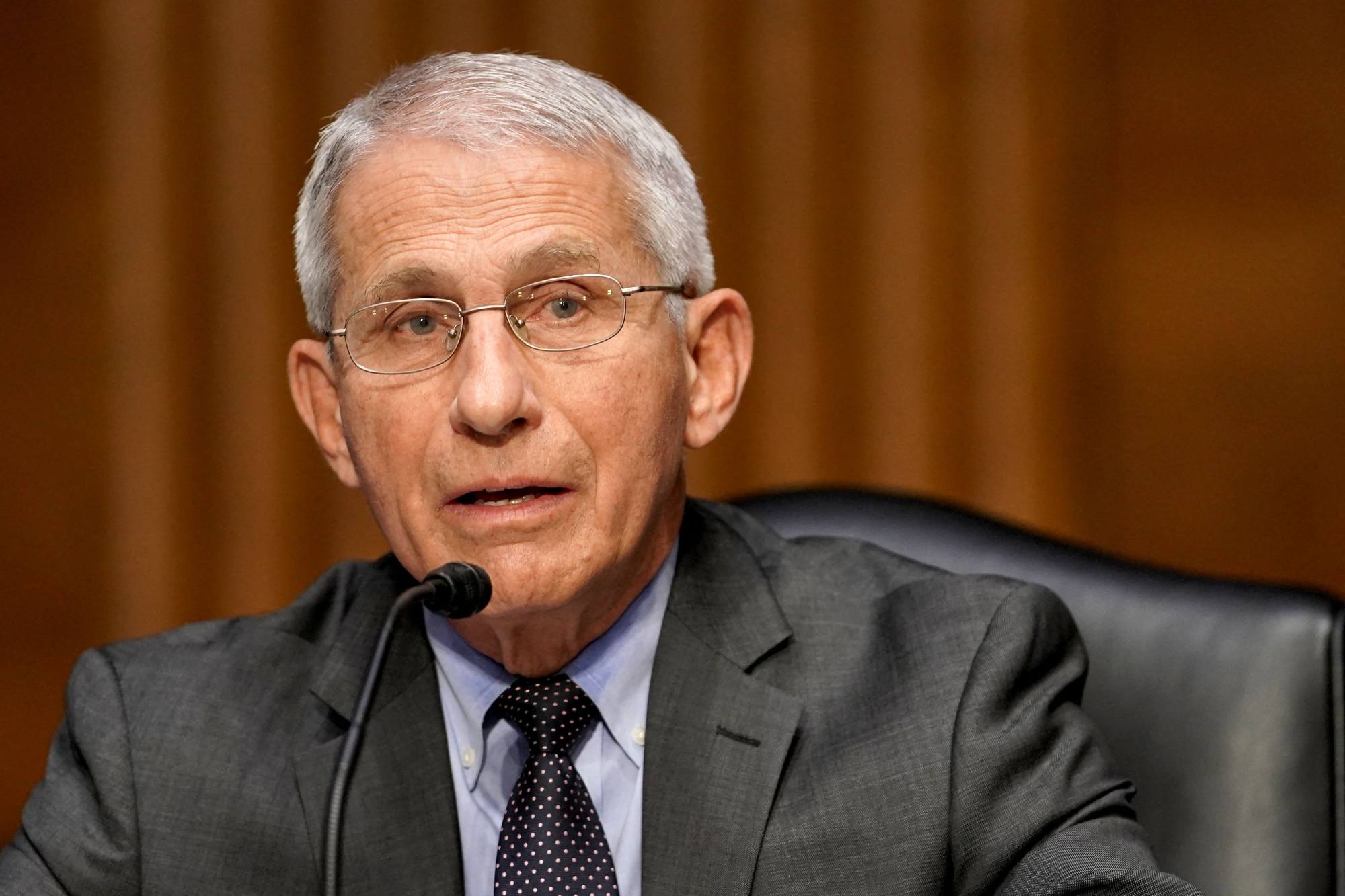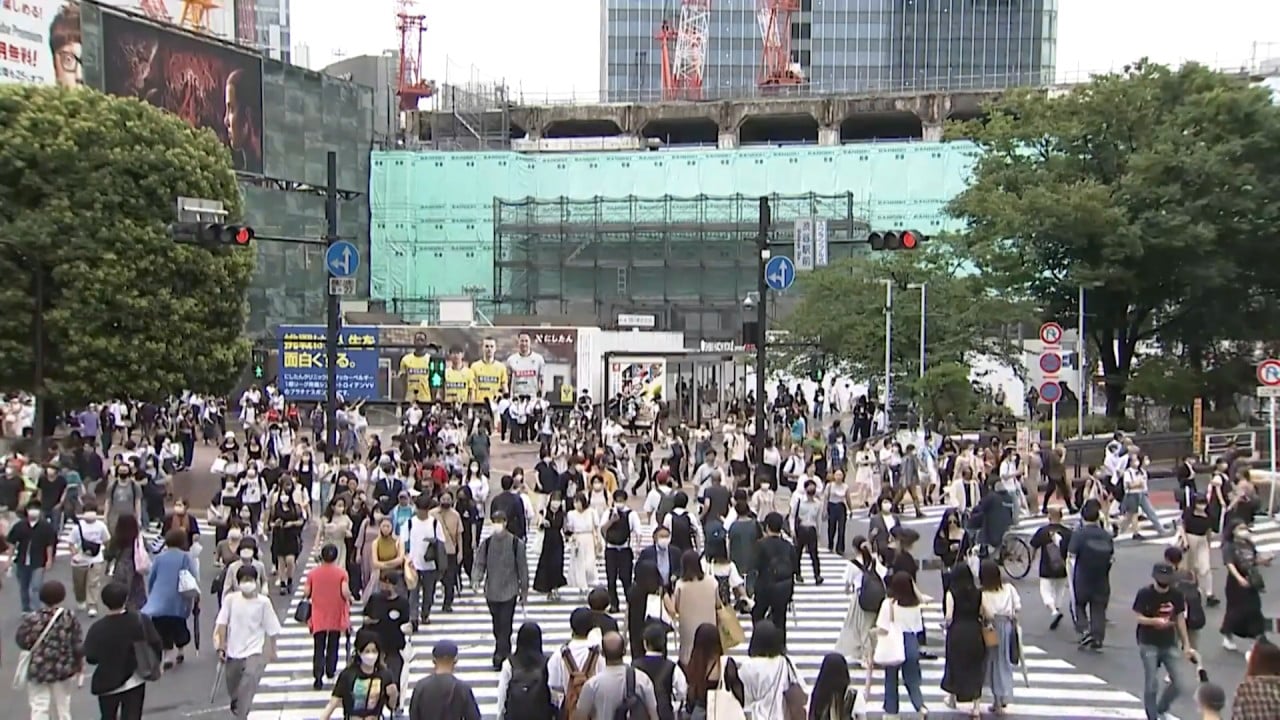
Professor Hiroshi Nishimura, an epidemiologist at Kyoto University and another high-profile expert in the fight against the virus, received a letter in the post containing a box-cutter blade and had the tyres of his car slashed.
Other attacks came in “too-many-to-count” phone calls, letters and email messages, Tanaka told This Week in Asia.
“The period we studied was before vaccines were being produced, so there were fewer claims about the dangers of vaccines, but it is clear that day by day, the ‘anti-vaxxer’ movement got stronger,” Tanaka said.
Others insisted on referring to the illness as the “Wuhan virus”, after the laboratory in the Chinese city of Wuhan that some have alleged was the source of the outbreak. There have also been claims that it was a man-made virus that was being weaponised, and even that it was released on purpose.
“Nationalists tended to claim in their messages that China was responsible for the virus spreading and that it was made by the Chinese,” he said. In some cases, far-right groups staged protest events outside scientists’ offices to air their claims.
Yoko Tsukamoto, a professor of infection control at the Health Sciences University of Hokkaido, appeared several times on regional television at the height of the health crisis, offering advice on how people should protect themselves. She quickly became the target of criticism from a sector of the viewing public.
“They would send me messages on email or call the university, and some even got my mobile phone number, although I am not sure how,” she said. “They would get angry and emotional, and nearly always it was about how unsafe and dangerous vaccines are.
“A few were reasonable, and you could have a conversation with them, discuss things with them, but the vast majority were angry and demanded to know how I could recommend that children had the vaccine.”
Tsukamoto said she was never physically threatened, but admitted that threats to other experts – in Japan and abroad – were worrying.

In August 2022, Thomas Connally was sentenced in a court in Maryland to 37 months in prison followed by three years of supervised release after being found guilty of making threats to harm Fauci through emails.
One of the mails, read out in court, said, “Hope you get a bullet in your compromised satanic skull today,” while another said Fauci and his family would be “dragged into the street, beaten to death and set on fire”.
Fauci took on full-time protection after the threats were first made.

Kazuhiro Tateda, a former president of the Japanese Association for Infectious Diseases and a member of the advisory panel set up to advise the Japanese government at the outset of the crisis, said he never personally received any threats or accusations, but conceded that his organisation got some.
“We have to remember that it was a time of terrible confusion and fear in Japan and all around the world,” he said, attempting to explain the assailants’ actions. “People were afraid; these are reasonable responses in human behaviour. You could say they are common sense reactions that we have seen in response to other infectious diseases.
“In Japan, maybe there is more of a sheep mentality,” he said. “I think Japanese people are generally quite patient and accepting of situations, and that might be different from the US, but people in Japan seem to respond and react more slowly. But, as we see, they do respond.”
Tanaka said it was important that lessons were learned from the Japanese public’s response to the pandemic, and that discussions were critical to a healthy and functioning society. At the same time, however, it was also important to ensure the safety of the experts charged with protecting the nation’s health, he added.


